
Jessie J had a lyric from her song "Who You Are" tattooed on her hip:
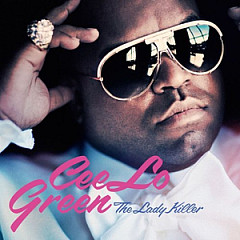
The dirty version of Cee-Lo Green's "Forget You" contains 16 F-bombs. He recorded a clean version as an afterthought, "just in case."
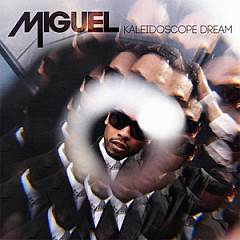
Miguel wrote "Adorn" about his girlfriend, model and artist Nazanin Mandi when he was returning home from a long trip and was anxious to see her.
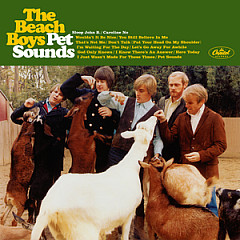
The most famous song to prominently feature a French horn is "God Only Knows" by The Beach Boys.
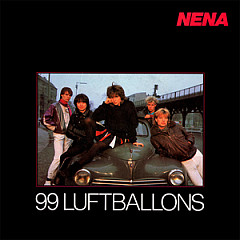
"99 Luftballons" by Nena is about a Cold War scare when balloons showed up on radar and were mistaken as a nuclear threat.
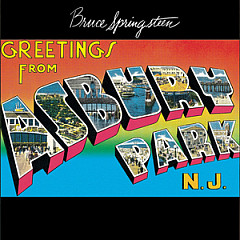
Bruce Springsteen wrote "Blinded By The Light," which was a #1 hit for Manfred Mann's Earth Band. The "Madman Drummers" line is a reference to Springsteen's first E-Street drummer, Vinnie "Mad dog" Lopez.
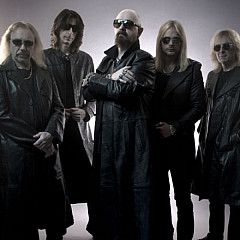
Rob Halford, Richie Faulkner and Glenn Tipton talk twin guitar harmonies and explain how they create songs in Judas Priest.
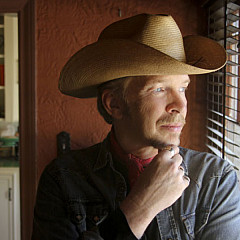
When Dave recorded the first version of the song with his group the Blasters, producer Nick Lowe gave him some life-changing advice.
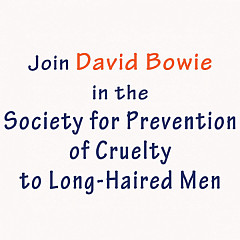
Bowie's "activist" days of 1964 led to Ziggy Stardust.
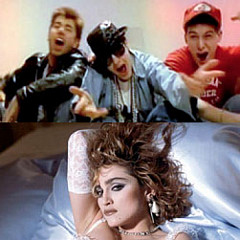
Here's what happens when an opening act is really out of place with the headliner, like when Beastie Boys opened for Madonna.
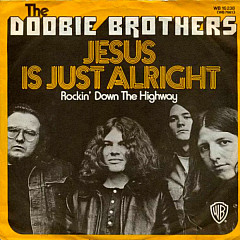
These overtly religious songs crossed over to the pop charts, despite resistance from fans, and in many cases, churches.

Rufus Wainwright on "Hallelujah," his album Unfollow The Rules, and getting into his "lyric trance" on 12-hour walks.